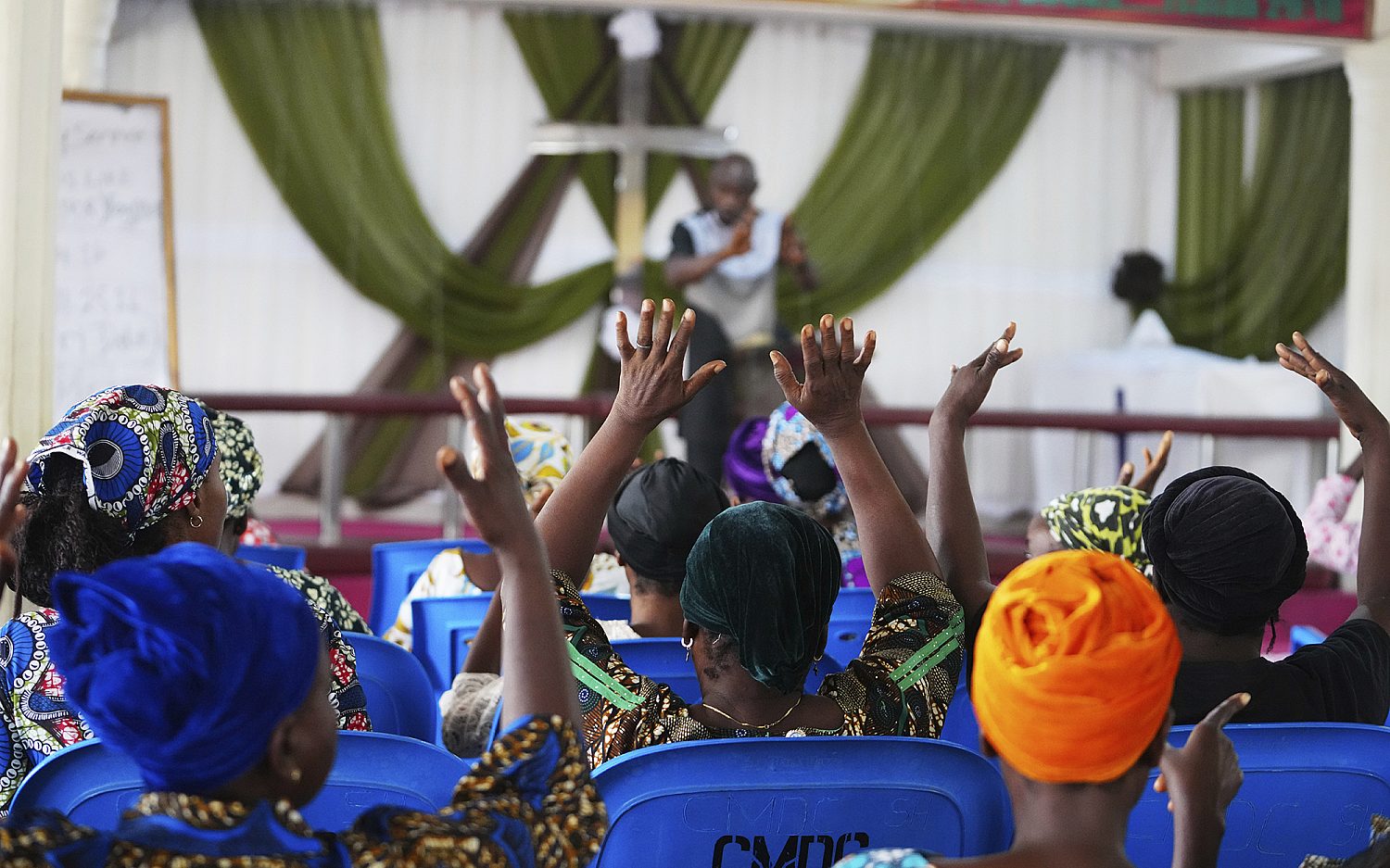We want it yesterday
Deadline already looms on Egypt's military-launched reform panel
An eight-member panel of jurists and scholars has launched a fast-track review of Egypt's constitution-even as the composition of the panel remains a point of controversy since it was announced on Monday. The panel is expected to help provide a roadmap for transition to both parliamentary and presidential elections in the wake of three weeks of street revolt that prompted a military takeover last Friday.
The Supreme Council of Armed Forces, currently Egypt's ruling authority since Hosni Mubarak vacated the presidency on Friday, charged the constitutional panel with amending "all articles as it sees fit to guarantee democracy and the integrity of presidential and parliamentary elections." It told the panel it had to finish its work "in a period of no longer than 10 days" from its first meeting, or before Feb. 25.
Tareq al-Bishri heads the panel. A respected former head of Egypt's administrative court and a historian, Bishri back in 1971 wrote an article criticizing then-president Anwar Sadat's draft constitution for establishing an unaccountable-or "imperial"-presidency. In 2004, after retirement from the court, he wrote a widely circulated defense of non-violent resistance to challenge the Mubarak regime.
The panel includes three serving judges from the Supreme Constitutional Court. One of them, Sami Yusef, is a Coptic Christian. Another panel member is Sobhi Saleh, an attorney and former member of parliament from the Muslim Brotherhood.
Coptic leaders protested the exclusion of other Christians from the panel, as did an array of Egyptian journalists and commentators, saying that Yusef was included only in his judicial capacity, while the Muslim Brotherhood's Saleh was a political and religious representative. "The inclusion of elements from the Muslim Brotherhood without any Copt negates the principles of the Jan. 25 revolution, in which Coptic and Muslim blood intermingled," said Nagib Gibrail, a Coptic lawyer who heads the Egyptian Union for Human Rights.
The formation of the panel got underway just after the military suspended Egypt's constitution and dissolved parliament on Sunday, promising a six-month transition to democratic rule. As widespread labor strikes have spread, commanders urged strikers to return to work-but so far have not ordered them to do so.
Heading the military council is Mohamed Hussein Tantawi, whom Mubarak appointed head of the Egyptian armed forces during a Cabinet shakeup he hoped would keep him in power. Tantawi, 75, was first commissioned in the army in 1956. He has fought in all three Egyptian wars against Israel since that time (prior to the 1979 Egypt-Israeli peace treaty) and fought alongside U.S. forces in the 1990-91 Gulf War. Like Mubarak and others of his generation, Tantawi was trained by the Soviets.
On Wednesday, the Daily Telegraph published hundreds of leaked cables written by U.S. diplomats in Cairo and sent to Washington. One from March 2008 cites Tantawi for opposing "both economic and political reforms that he perceives as eroding central government power." It says Tantawi "is supremely concerned with national unity, and has opposed policy initiatives he views as encouraging political or religious cleavages within Egyptian society."
Despite U.S. training and military aid starting in the 1970s (since 1979 U.S aid to Egypt has averaged $2 billion a year, making it the second largest recipient of U.S. aid next to Israel), much of the Egyptian army's structure and scope is based on the Soviet model. "Think of the Egyptian Army as a parallel to the government. It shadows the structures of what we think of as belonging to civilian government," said Robert M. Kerr, a Middle East expert and chair of cultural geography at the U.S. Air War College. "It is responsible for building things like schools and road projects."
In addition to having the largest military force in the Middle East, the Egyptian army also is the country's largest and likely richest business conglomerate. It runs extensive operations in manufacturing and agriculture-from making cars to producing olive oil. The army owns resort hotels and office buildings. And analysts say its operations may comprise 10 percent of the country's economy.
With so much economic power added to its military-and now political-might, the military council's commitment to fast-tracking democratic reform seems unexpected. We may know in 10 days whether or not Tantawi and other commanders are sincere, and-depending on the constitutional panel's recommendations-what shape it will take.
An actual newsletter worth subscribing to instead of just a collection of links. —Adam
Sign up to receive The Sift email newsletter each weekday morning for the latest headlines from WORLD’s breaking news team.





Please wait while we load the latest comments...
Comments
Please register, subscribe, or log in to comment on this article.